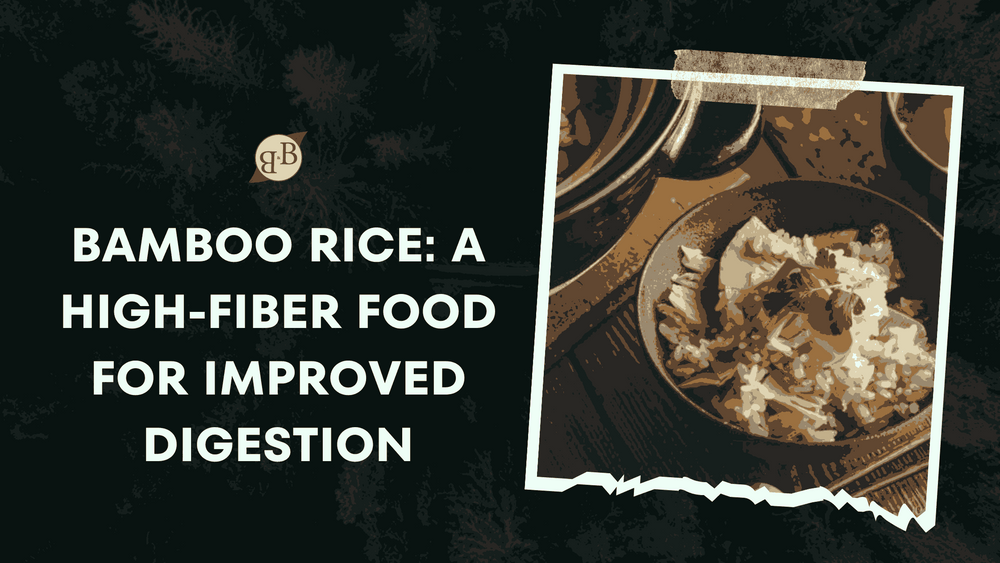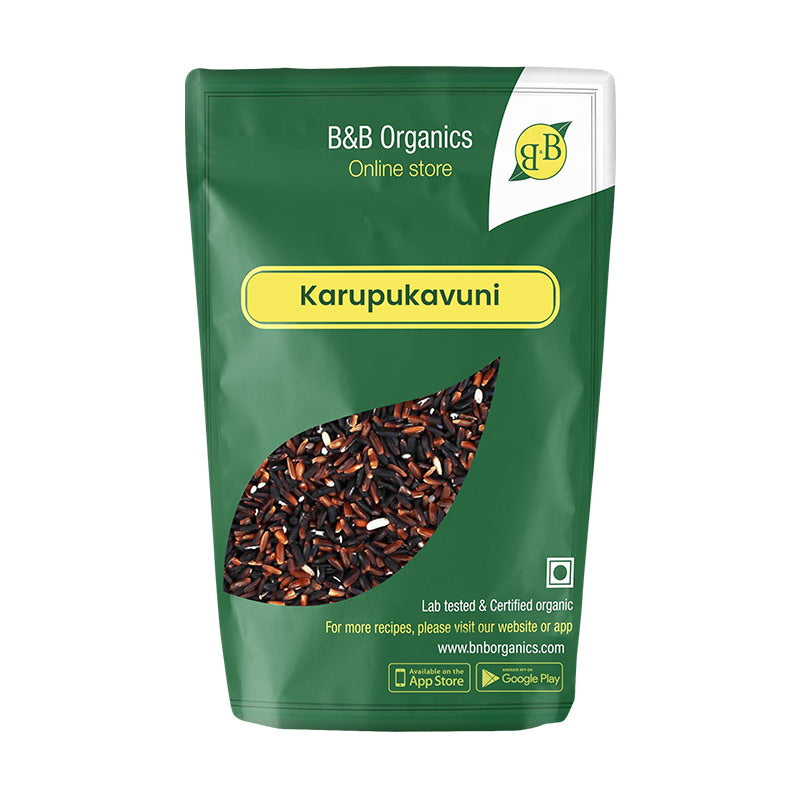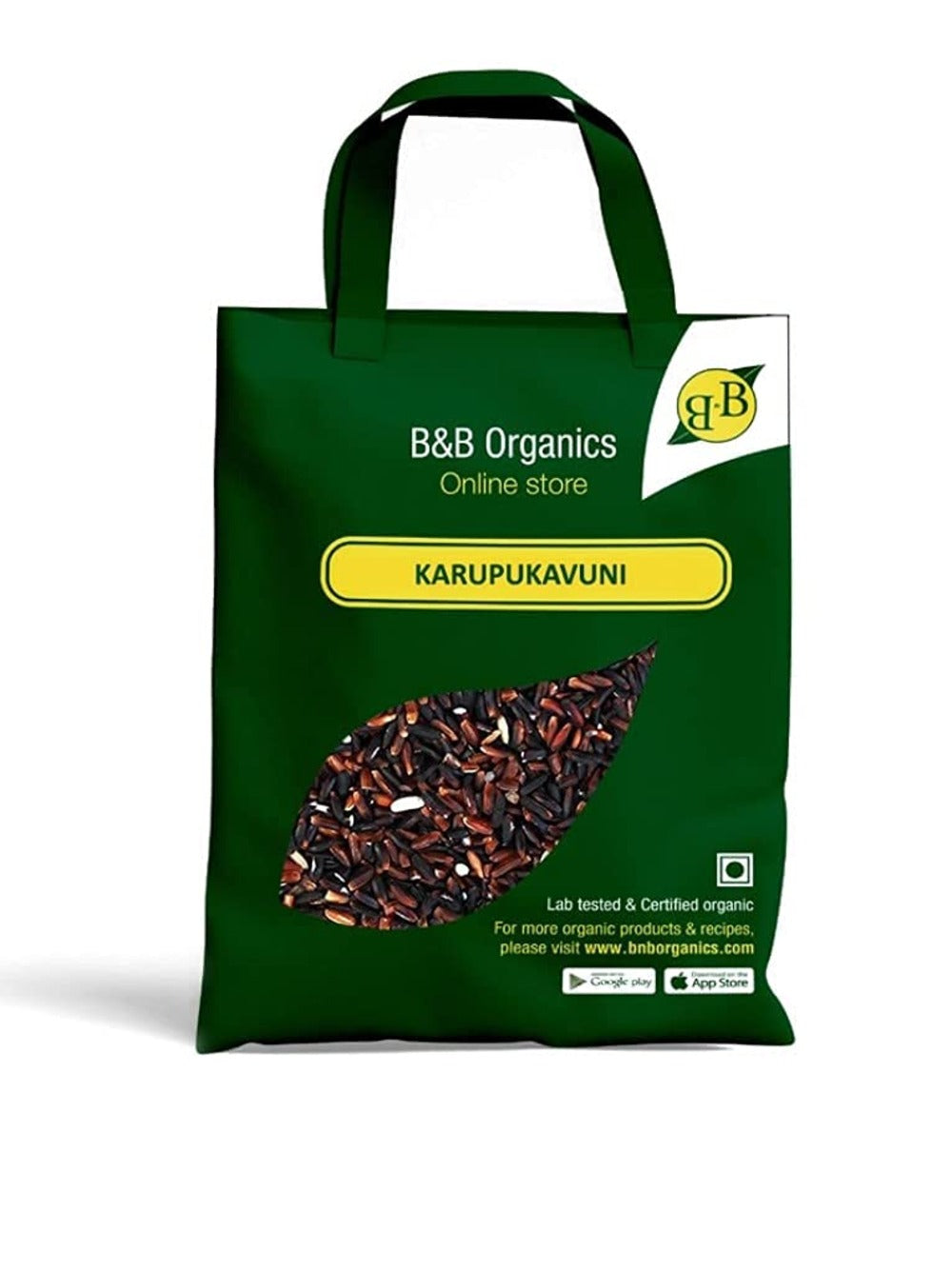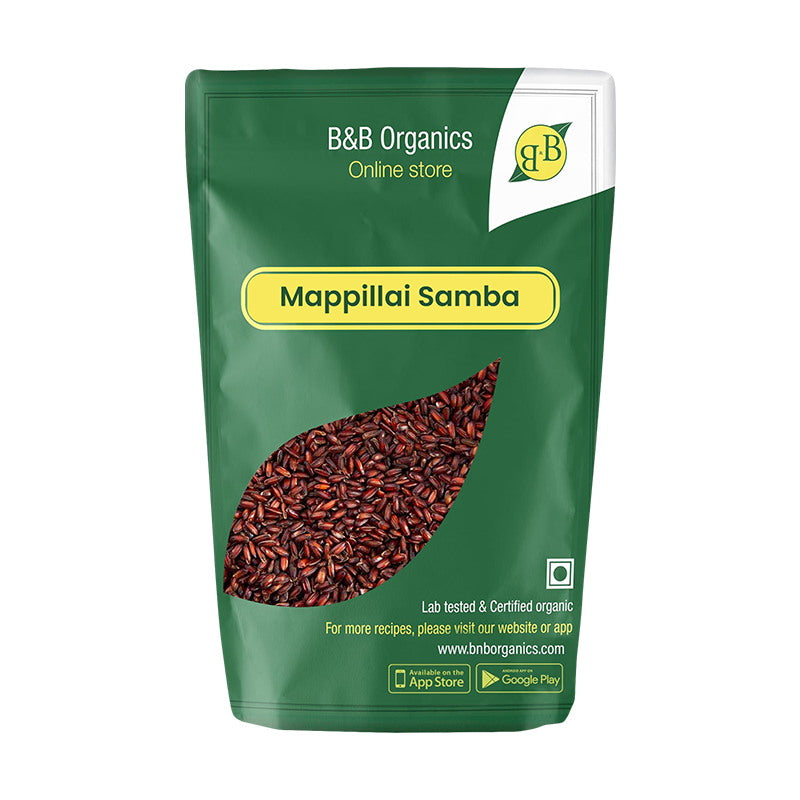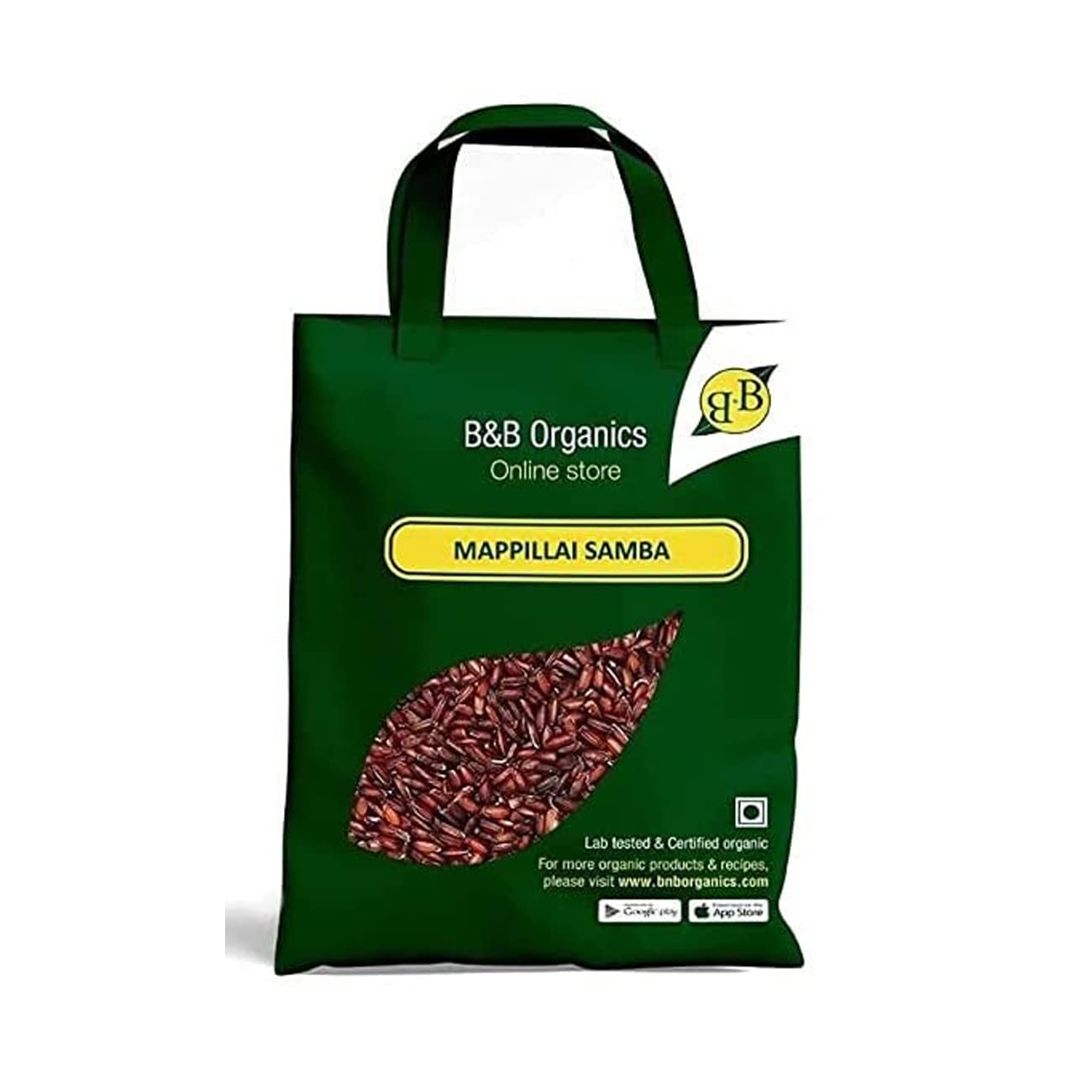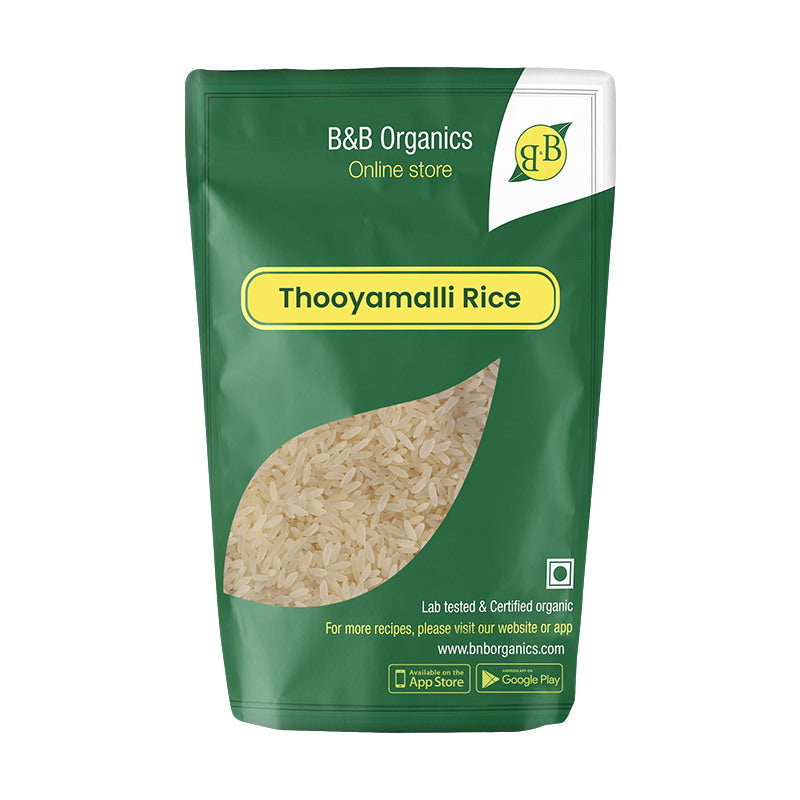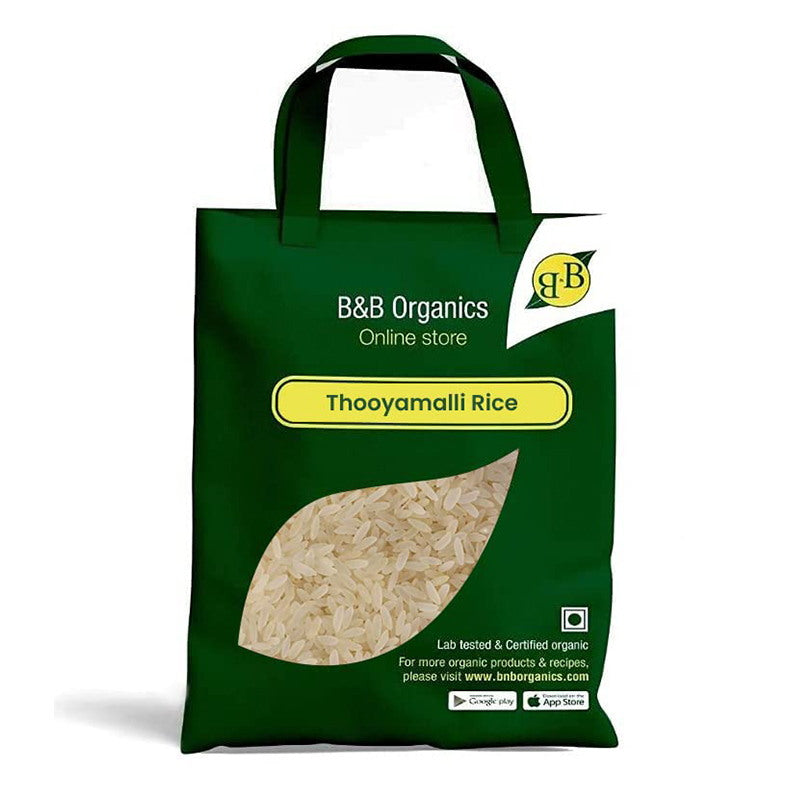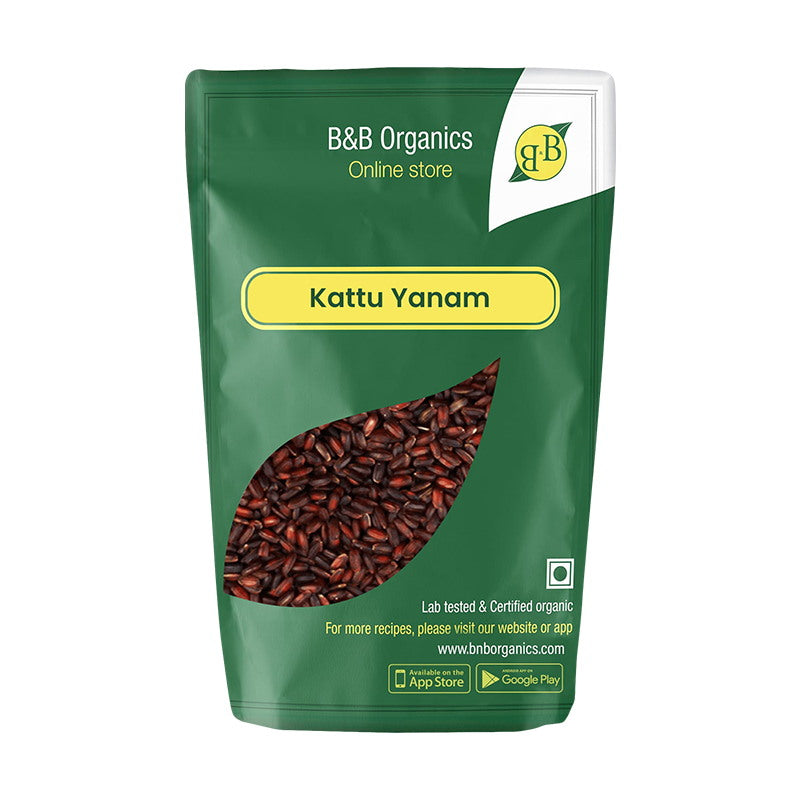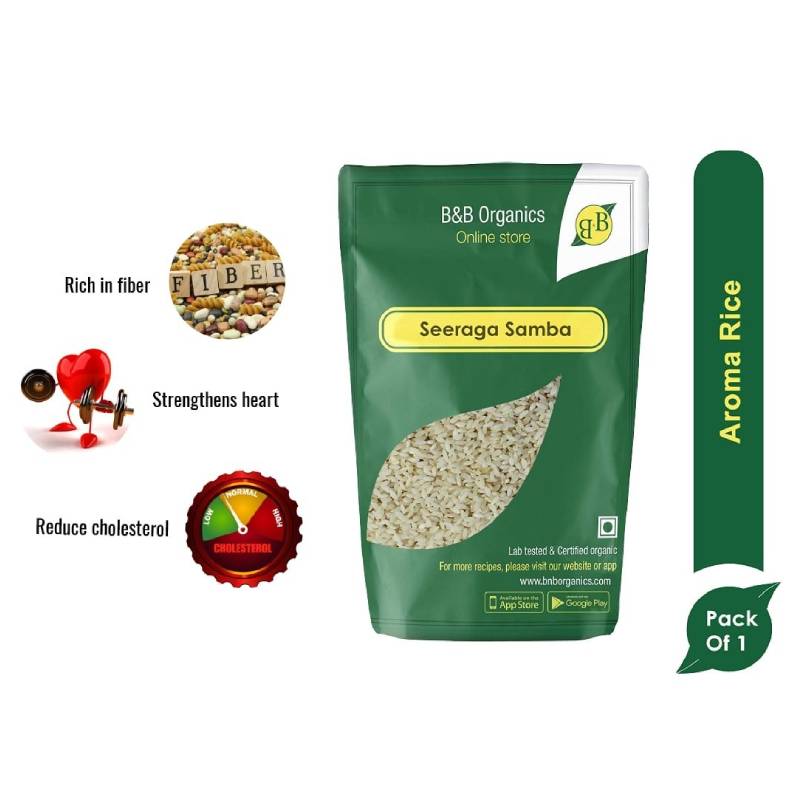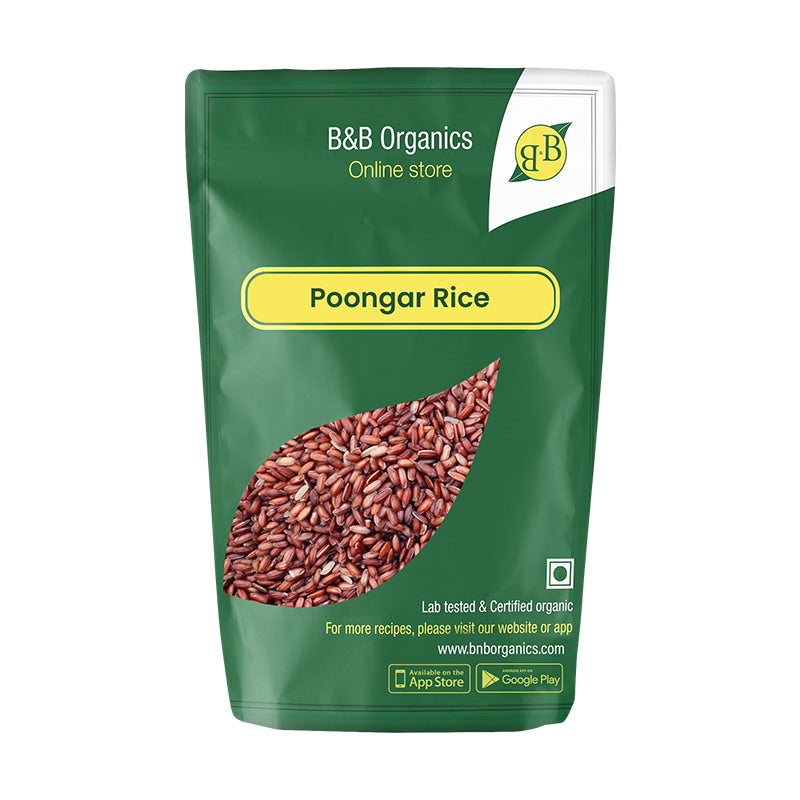Introduction to Bamboo Rice
Bamboo rice is a type of rice that has recently gained popularity in the health and wellness industry. It is a unique and nutritious food that offers numerous health benefits, especially for improved digestion. In this article, we will explore what bamboo rice is, its nutritional value, and how it can aid in digestion.
What is Bamboo Rice?
Bamboo rice is a type of short-grain rice that is harvested from bamboo plants. It is not a different species of rice but rather a unique variety that is cultivated using traditional methods. The grains of bamboo rice are green in color, and they have a distinct flavor that is nutty and slightly sweet. Bamboo rice is rich in fiber, vitamins, and minerals, making it an excellent addition to a healthy and balanced diet.
The Importance of Fiber in Bamboo Rice
One of the main benefits of bamboo rice is its high fiber content. Fiber is a crucial nutrient that plays a significant role in digestive health. It helps to regulate bowel movements, prevent constipation, and promote the growth of beneficial gut bacteria. A diet high in fiber has also been linked to a lower risk of heart disease, stroke, and certain types of cancer.
Vitamins and Minerals in Bamboo Rice
Bamboo rice is also rich in essential vitamins and minerals that are vital for overall health and wellbeing. It contains high levels of magnesium, which is essential for maintaining healthy bones, muscles, and nerves. Magnesium also helps to regulate blood sugar levels and promote a healthy heart. Bamboo rice is also a good source of zinc, which plays a role in immune function and wound healing. It also contains vitamin B6, which is important for brain function and the production of red blood cells.
Digestive Benefits of Bamboo Rice
In addition to its nutritional value, bamboo rice has several properties that aid in digestion. The high fiber content in bamboo rice helps to promote regular bowel movements and prevent constipation. It also helps to keep you feeling full for longer, which can help to prevent overeating and aid in weight management. The fiber in bamboo rice also acts as a prebiotic, feeding the beneficial bacteria in your gut and promoting a healthy digestive system.
Antioxidant and Anti-Inflammatory Properties
Bamboo rice also contains natural plant compounds called phytonutrients that have antioxidant and anti-inflammatory properties. These compounds help to reduce inflammation in the gut and promote a healthy immune system. This can help to prevent digestive issues such as inflammatory bowel disease, ulcerative colitis, and Crohn's disease.
Low Glycemic Index and Blood Sugar Regulation
Another benefit of bamboo rice is its low glycemic index. The glycemic index is a measure of how quickly a food raises blood sugar levels. Foods with a high glycemic index can cause a rapid spike in blood sugar levels, which can lead to insulin resistance and type 2 diabetes. Bamboo rice has a low glycemic index, meaning it releases glucose into the bloodstream slowly, helping to regulate blood sugar levels.
Conclusion
In conclusion, bamboo rice is a highly nutritious food that offers numerous health benefits, especially for improved digestion. Its high fiber content, essential vitamins and minerals, and natural plant compounds make it an excellent addition to a healthy and balanced diet. By incorporating bamboo rice into your meals, you can help to promote regular bowel movements, prevent constipation, and support a healthy digestive system.


